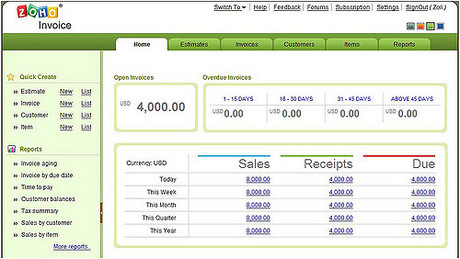Digital Business Council consulting on eInvoicing project

The Digital Business Council has launched a public consultation into a project to build a national electronic invoicing framework with the potential to add up to $10 billion to the Australian economy.
The council is seeking public feedback on its eInvoicing project, which is aimed at eliminating the waste and processing time associated with paper-based invoices.
The project seeks to build a national framework of standards to allow Australian software developers to fully integrate eInvoicing into their applications.
Research indicates that the productivity and efficiency benefits of transitioning to structured digital invoices could be between $12.15 to $28.80 per invoice, translating to economic gains of between $7 billion and $10 billion per year.
Council co-chair Peter Strong, who is also CEO of the Council of Small Business Australia, said there are a range of benefits to transitioning to digital invoices.
“Paper-based invoices are time-sensitive, error-prone and require manual processing by both suppliers and buyers. Late payments add to the costs of doing business and these costs are then absorbed by the business or passed onto the consumer,” he said.
“eInvoicing is 60–80% more efficient than traditional paper-based processing. Buyers will be able to trade with a wider and more competitive supplier network while businesses will have the potential to electronically discover more trading partners who are digitally enabled.”
But despite the benefits, adoption of eInvoicing in Australia has been largely limited to larger companies, resulting in closed trading networks with suppliers needing to support different interfaces for each customer, he said.
A national standard is expected to help overcome this limitation and stimulate wider adoption.
Australia’s top tech priorities for 2026
It is anticipated that AI will evolve from a pilot project to a productive standard, underpinned...
Why AI's longevity lies in utility, not novelty
The real potential of AI is in underpinning the invisible systems powering everyday business.
The importance of effective security when deploying AI tools
More than four in five developers use AI coding tools daily or weekly, and 59% run at least three...







